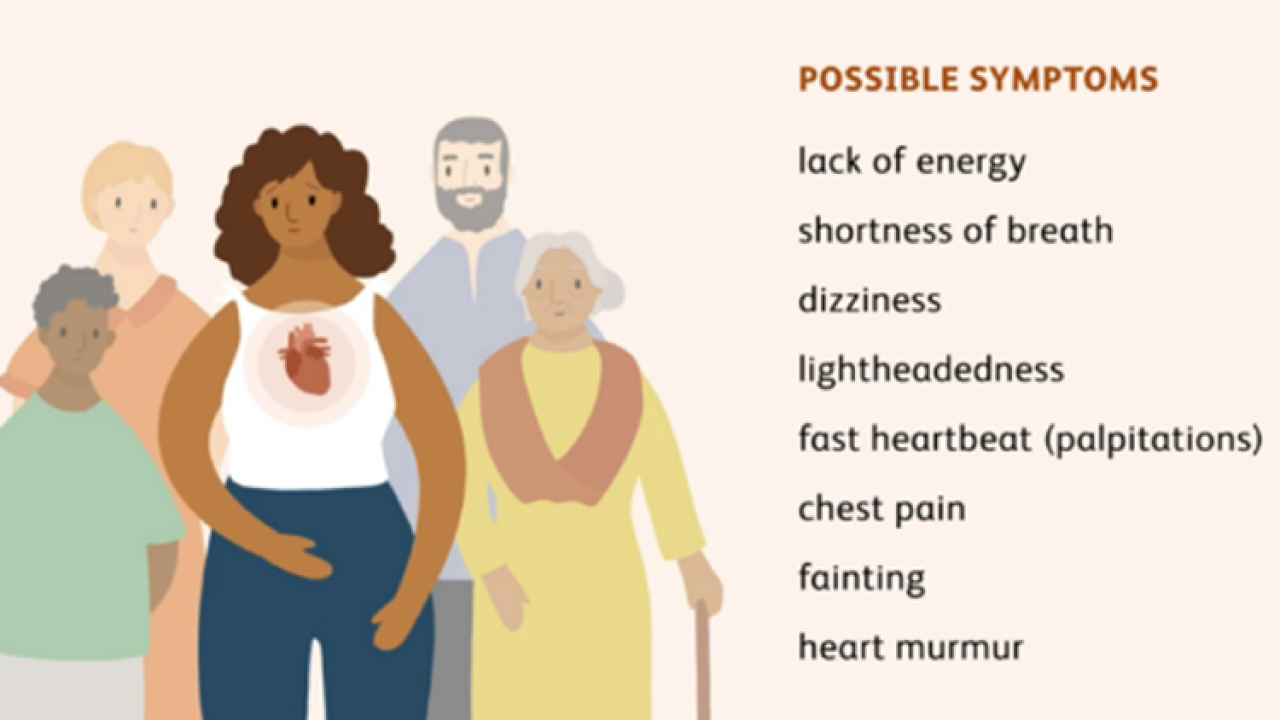
About Hypertrophic Cardiomyopathy (HCM)
Many people may be unfamiliar with HCM, but it’s actually the most commonly inherited heart disease. Learn who may be at risk, what happens to the heart, and the difference between the 2 types of HCM.

Who is at risk of HCM?

HCM can affect anyone regardless of age, gender, or ethnicity.
The reported prevalence of HCM ranges from 1 in 200 to 1 in 500 people in the general population*†
However, only ~100,000 patients in the US have been diagnosed with HCM, which suggests that approximately 85% may remain undiagnosed‡§
HCM can be an inherited disease, meaning it can run in families. However, not all cases of HCM are genetic

of people with HCM are undiagnosed†
*The 1995 CARDIA study, a multicenter, US-population-based echocardiography study of 4111 subjects (aged 23-35), identified the prevalence of HCM as 1:500 people in the general population.
†The 2015 Semsarian publication identified that the prevalence of HCM gene carriers could be as high as 1:200.
‡Based on 2013 ICD-9 claims data analysis (N=169,089,614): An estimated 700,000 overall US prevalence of HCM (1. ~100,000 patients with diagnosed HCM [based on 2013 US Census population], 2. ~600,000 patients with undiagnosed HCM [based on analysis’ assumption that 1 in 500 prevalence represents clinically unrecognized cases]).
§Estimated undiagnosed range calculated using prevalence of 1:500, estimated US population (332,330,571 in May 2021), and estimated diagnosed population (~100,000).
What happens to the heart in HCM?

Watch the video to learn more about HCM and what happens in the body when a person has HCM.

Click to see the effect of HCM on:




The heart is a muscle that pumps blood around the body by contracting and relaxing.
The heart with HCM may have difficulty pumping blood around the body. As a result, those with HCM can experience a lack of energy, a fast heartbeat, chest pain, or other symptoms.
*Image represents non-obstructive HCM.
Two types of HCM: learn the difference
Two types of HCM are: non-obstructive HCM and obstructive HCM. Both types of HCM result in thicker heart walls, but in obstructive HCM, the thicker wall may block or reduce blood flow out of the heart.
Select a tab to see the difference

